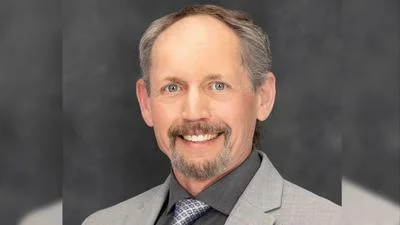State Sen. Craig Wilcox (R-McHenry) | senatorwilcox.com
State Sen. Craig Wilcox (R-McHenry) | senatorwilcox.com
State Sen. Craig Wilcox (R-McHenry) said Gov. J.B. Pritzker (D) "was not a financial magician," rather it was federal funding behind the state's improved financial status this past year.
Wilcox was critical of Pritzker's budget plan as introduced during the State of the State Address on Feb. 2.
"He's proposed $2.5 billion in permanent state government growth. That's new spending, and tries to appease citizens with a $1 billion temporary relief program in an election year? He and his staff know the growth in government spending needs the tax relief money in those out years," Wilcox said.
Under Pritzker's plan, Illinois would be spending more money in education, public safety, and small businesses while providing temporary tax breaks. Pritzker had proposed providing a one-time payment in the form of a property tax rebate, delaying the increased gas tax, and freezing the state's tax on groceries.
"Republican tax relief proposals would be permanent tax relief proposals and help offset this untenable inflationary period which has been kicked off by Democrat spending in the creation of money at the federal level which is upending our financial fundamentals and our economy," Wilcox said.
Wilcox said Pritzker's plan to put $500 million into the pension stabilization fund will help, but it still doesn't get to the root of the issue and just will prolong debt and leave it to future generations to deal with.
"This budget will again be a Democrat majority-developed budget drop on the General Assembly floor hours before an expected vote and likely full of budgetary gimmicks to claim it is balanced," Wilcox said. "We'll learn more in the weeks and months after the budget is passed, then we'll be allowed to see before there's a vote on it."
According to an article published on Patch, when added up, Pritzker's proposed state budget totals about $112.5 billion.
Less than half, or $44.5 billion, would end up coming from the state's general revenue fund, the remainder would be paid for with federal money, the report stated.
It also mentioned that a big part of the budget was going toward state pensions.






 Alerts Sign-up
Alerts Sign-up